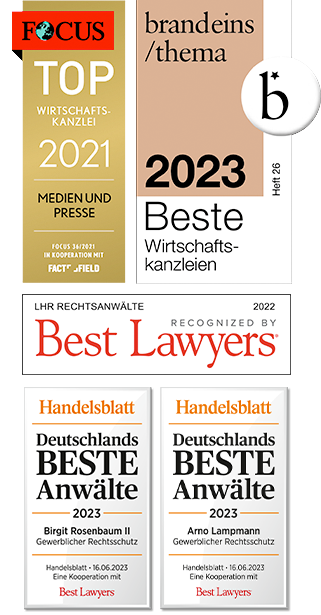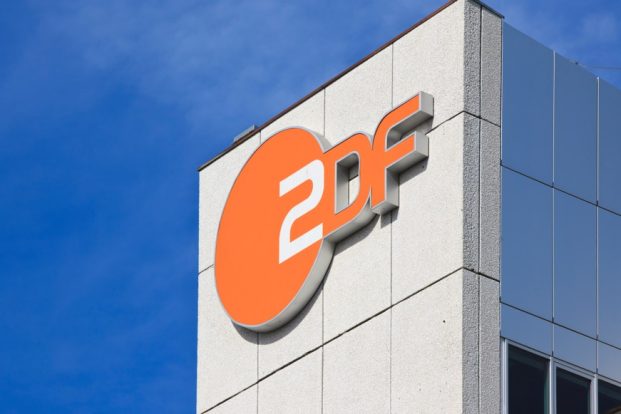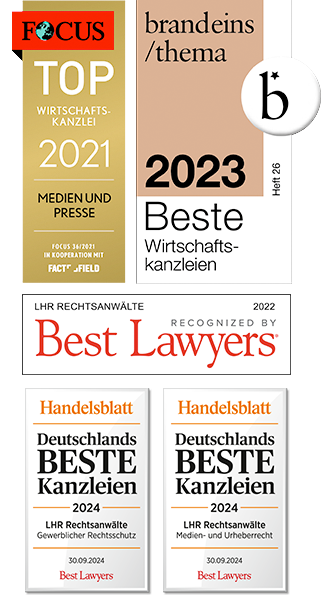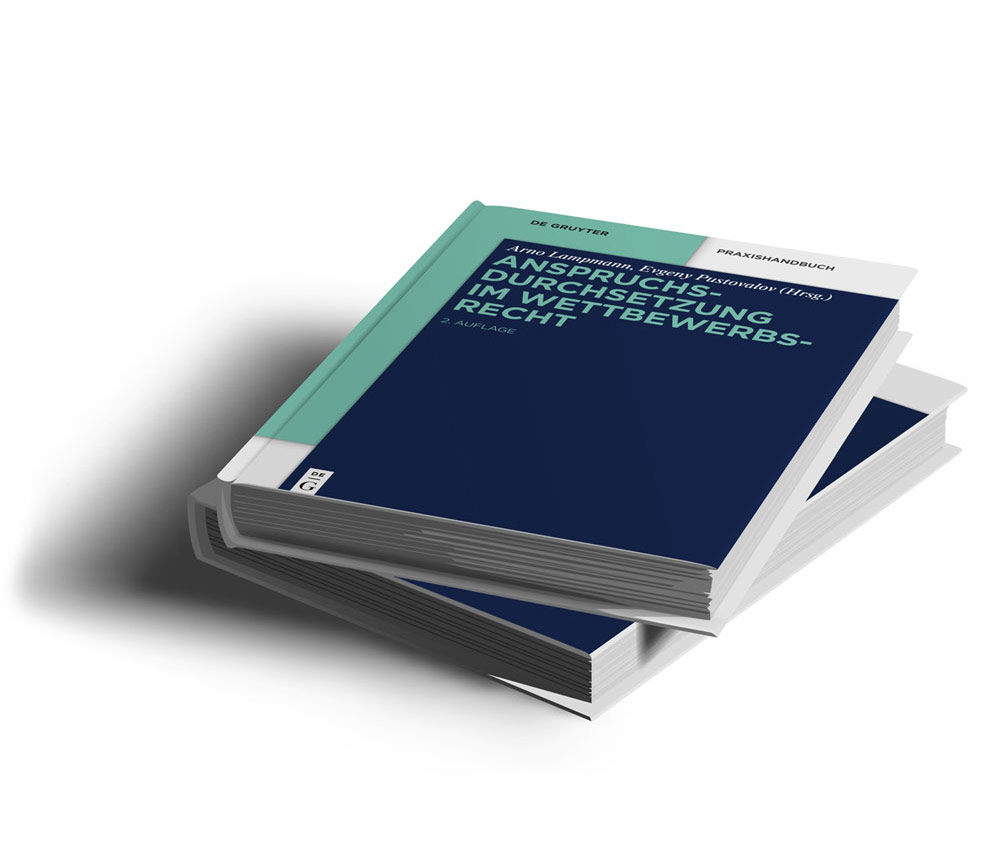Crypto provider successfully combats smear campaign by competitors and ‘investigative journalists’ with LHR

Cryptocurrencies such as Bitcoin, Ethereum or Bitcoin Cash are the hot topic in the financial sector. The fascinating new technology and the (payment) systems based on it are fuelling the imagination of software experts, copyright and patent lawyers, economists and financial experts.
But where there is light, there is also shadow. Against this backdrop, reputable business models are currently finding it particularly difficult to assert themselves on the market. Sometimes they are even unfairly targeted by more or less reputable journalists or other ‘admonishers’ with their own dubious interests.
The Wild West begins just behind Bitcoin
This is exactly what happened to a company that was founded specifically to develop and operate cryptocurrency wallets, a cryptocurrency ‘exchange’, cryptocurrency wallets and finally a cryptocurrency exchange and cryptocurrency debit/credit cards throughout the world and Europe.
Shortly after the company announced its imminent market entry, a competitor, some crypto-affine news portals and a self-proclaimed ‘specialised journalist’ began to publicly discredit the project. Among other things, the competitor’s YouTube channel served as a vehicle for this, where, under the guise of an alleged ‘educational mission’, mock interviews between a wooden presenter and the self-proclaimed crypto expert were published almost daily.
Cui Bono?
It was no coincidence that the competitor had also entered the ‘crypto business’ relatively recently at the beginning of 2019. At the same time, the ‘expert’ published reports and reports on the websites he operated that distorted and disparaged the facts of the case and also ‘warned’ against the company in emails he sent.
The ‘expert’ could already say with certainty that the project, which had only just been launched, was ‘clearly’ a ‘fraud’ or a ‘scam’. However, the only factual basis for his suspicions, which were artificially indignant and remarkably loud, were the criminal complaints he himself had filed with various authorities. The ‘clarification’ was, of course, not without reference to his – unsurprisingly, fee-based – newsletters, stock market letters and other publications, which were intended to help their readers become rich through other, naturally reputable crypto models.
Favourite publicity stunt: the whistleblower martyr
The highlight of the smear campaign was the unfounded allegation that those responsible at the company had launched DDOS attacks on its and other websites in order to prevent those affected from reporting. A brilliant PR stunt. The best stories have always been written by the altruistic fight against ‘evil’: the alleged wrongdoer not only deceives his customers in a criminal manner, but also tries to ‘silence’ the selfless ‘whistleblower’ – also by illegitimate means, of course. A few paid newsletters can certainly be sold in this way.
Another, not undesirable side effect: if only enough people believe the doomsday scenarios, they will become a self-fulfilling prophecy. After all, people have always warned of this!
Crypto provider fights back with LHR
However, the company did not want to put up with this and, with our help, took comprehensive action against the – admittedly deliberately widely scattered – reports, articles, videos and newsletters and obtained corresponding prohibition orders from various courts prohibiting the dissemination of all allegations.
In the event of non-compliance, the perpetrators are each threatened with a fine of up to € 250,000 or up to six months’ imprisonment. The decisions are not legally binding and were issued without an oral hearing, however, taking into account extensive extrajudicial submissions by the defendants.
LHR has successfully represented banks, issuing houses and capital market product developers in over 300 cases

The removal of the reporting is still ongoing. In addition to the claims for injunctive relief, there are extensive claims for damages, the amount of which the company naturally cannot yet determine precisely, but which will be considerable due to the seriousness of the allegations.
Lawyer Arno Lampmann from the law firm LHR:
Untrue and disparaging reporting often causes millions in damages, which not only affect companies. Customers of business models that have been wrongly led into crisis also lose the money they have invested. Fortunately, a high success rate can be recorded in such cases, as courts have now recognised the damage that can be caused, not least to customers, by unlawful statements in public and therefore immediately prohibit them by way of interim legal protection.











